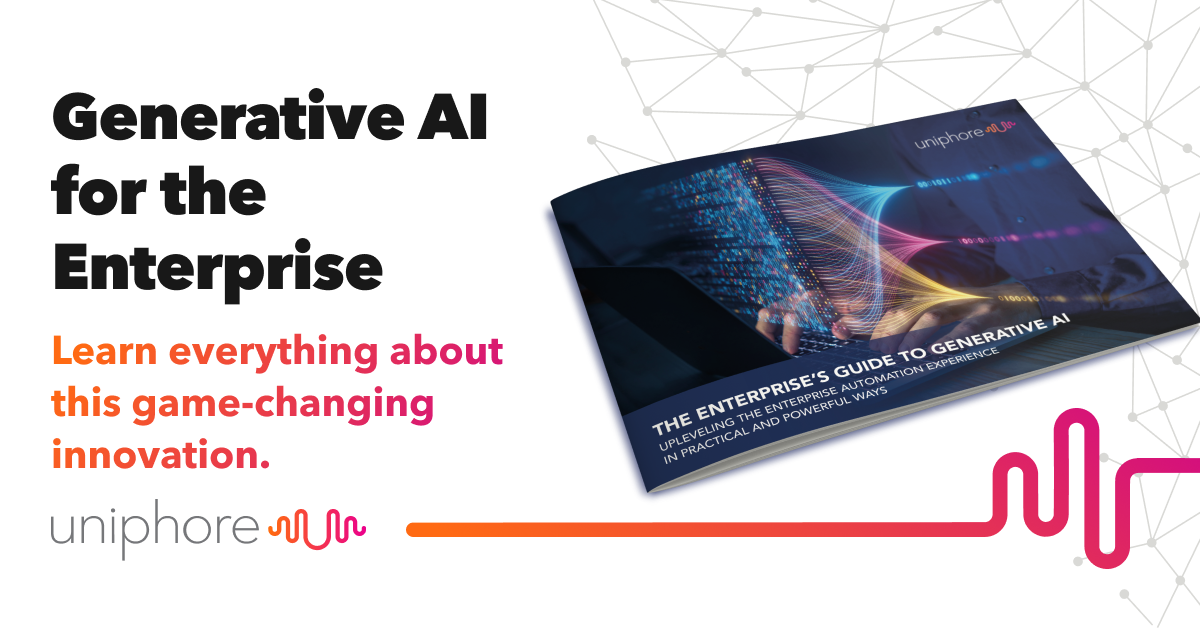Uniphore believes that the use of Voice Biometrics for mobile payments is the most secure, scalable method for offering banking and payment services to the Indian masses. While many are excited about our vision, we often get the question: “Has a large scale deployment of Voice Biometrics for mobile money been successful anywhere before?” The short answer is: yes, in many countries around the world. Voice Biometrics has taken off with banks and merchants everywhere from Australia to Israel to Canada. Today, we’ll share with you one case study from the Philippines, where 1.5 million pensioners access their accounts using a voice-based mobile system. The information for this post was derived from the case study originally written by Opus Research.
The Government Service Insurance System (GSIS) of the Philippines is the primary pension program for about 1.5 million government retirees in the country. Beneficiaries were receiving these payments in the form of checks, mailed to their closest GSIS branch. However, the Philippines is an archipelago that consists of over 7,000 islands and travel to some remote towns can involve hours of travel and the use of planes, boats and automobiles. Consequently, the government found that pensioners struggled to access their payments, as they often lived a great distance from the bank branch.
Wireless carriers, however, had done an excellent job of extending their coverage areas across the islands, and thus extending the reach of electronic services beyond those that were be offered through brick-and-mortar branches or kiosks. Therefore, GSIS decided to adopt a mobile voice authentication system for pension payments, where pensioners could access their accounts and carry out financial transactions over their mobile phone, rather than travelling to the GSIS offices and kiosks.
To enroll, pensioners need to present their GSIS ‘eCard Plus’ to an authorized representative in a GSIS enrollment center. They then have to create a unique voice signature by recording and storing their voice data. After enrolling, pensioners can call up the GSIS hotline on a toll-free number, and state their 11-digit ID number. The system authenticates the caller’s voice by matching it with the stored voice signature. As soon as they system recognizes the caller, they can apply for loans and carry out other transactions with GSIS over the phone. All transactions require four-digit PIN as a second layer of authentication.
Today, the voice-based system has almost entirely replaced check-based pension payments in the Philippines. Pensioners can access their account from any location and at any time, and they can carry out financial services in a hassle-free way. The system has also eliminated fraud from the system, as a person’s voice cannot be stolen or mimicked to the level of fooling the system.
In India, the government spends about Rs. 3,00,000-crore in welfare benefits – subsidies, payments and special schemes – every year. Following the Philippine model, the government can ensure that these payments are sent securely and efficiently. By directly transferring these benefits to the beneficiaries and enabling them to access these funds over a basic mobile phone, the government can eliminate the high levels of fraud that currently exist in the system and overcome the infrastructure barriers to delivery.
About Uniphore: Uniphore Technologies Inc is the leader in Multi lingual speech-based software solutions. Uniphore’s solutions allow any machine to understand and respond to natural human speech, thus enabling humans to use the most natural of communication modes, speech, to engage and instruct machines. Uniphore operates from its corporate headquarters at IIT Madras Research Park, Chennai, India and has sales offices in Middle East (Dubai, UAE) as well as in Manila, Philippines.
